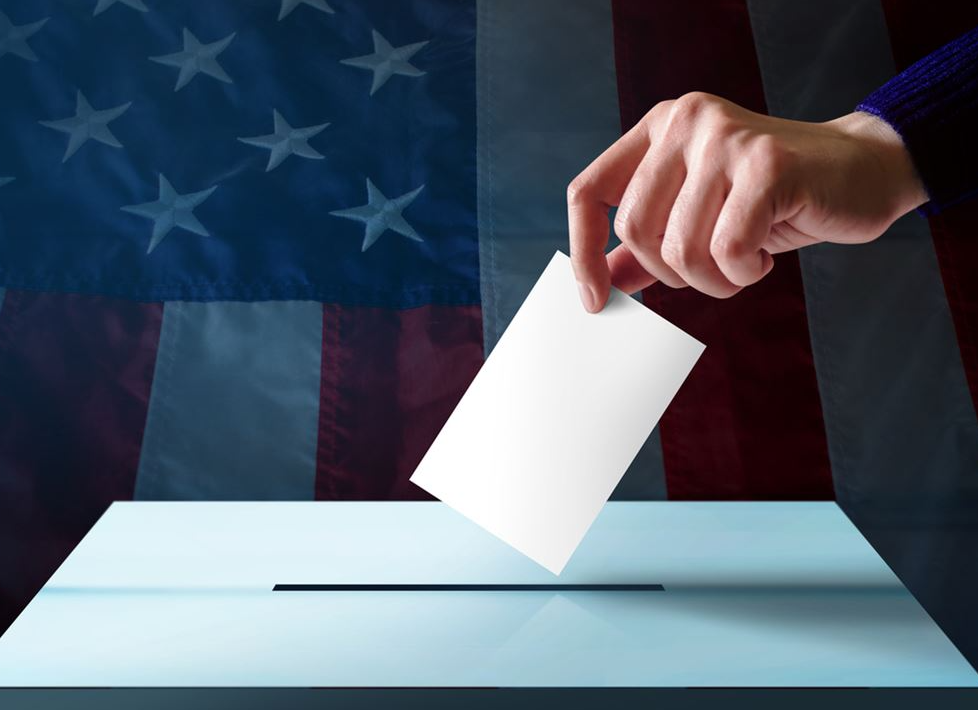Robert F. Kennedy Jr. initially declared his presidential candidacy within the Democratic Party. It soon became evident that Liberals weren’t backing RFK Jr. with the same enthusiasm as they did for his father, former Attorney General RFK, and his uncle, former President John F. Kennedy. Consequently, he shifted to running as an independent. Presently, he has fulfilled the criteria to appear on at least one state ballot.
RFK Jr. is encountering a challenging task in securing a place on the presidential ballots across all 50 states. In December, the super PAC backing his candidacy declared its commitment to allocate up to $15 million to facilitate this endeavor. Notably, in Utah, he has recently submitted the requisite 1,000 verified signatures to qualify for inclusion on the ballot.
In a media statement issued on January 3, RFK Jr announced that his campaign in Utah accomplished a remarkable feat by gathering thousands of signatures within a mere week. During a press conference held on the same day, he emphasized his commitment to pursuing the objective of securing a spot on the ballot in every state.
Stefanie Spear, a representative for the campaign, anticipates that Arizona will be the subsequent state in focus. Being a swing state, the outcome of the election could hinge on developments there.
RFK Jr. is campaigning with the pledge to disrupt the election for both former President Donald Trump and President Joe Biden. According to a November report from POLITICO, a poll indicated that in a three-way race, the ex-Democrat could potentially secure 22% of the vote. In such a scenario, the poll suggested Trump would garner 36%, and Biden would secure 39%, potentially leading to the GOP candidate’s defeat.
Republicans have voiced apprehensions about the possibility of RFK Jr. diverting votes from Trump in crucial swing states, potentially tipping the election in favor of Biden. Concerns regarding this matter were conveyed to Vanity Fair, with Republicans emphasizing its significant nature.
